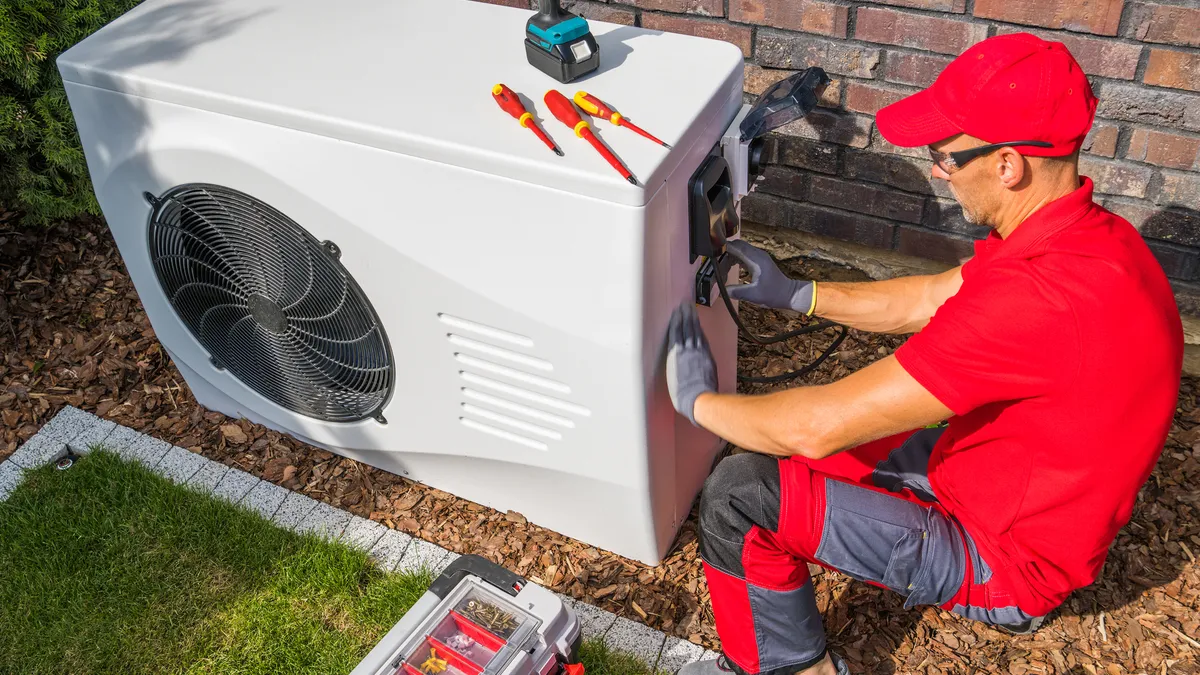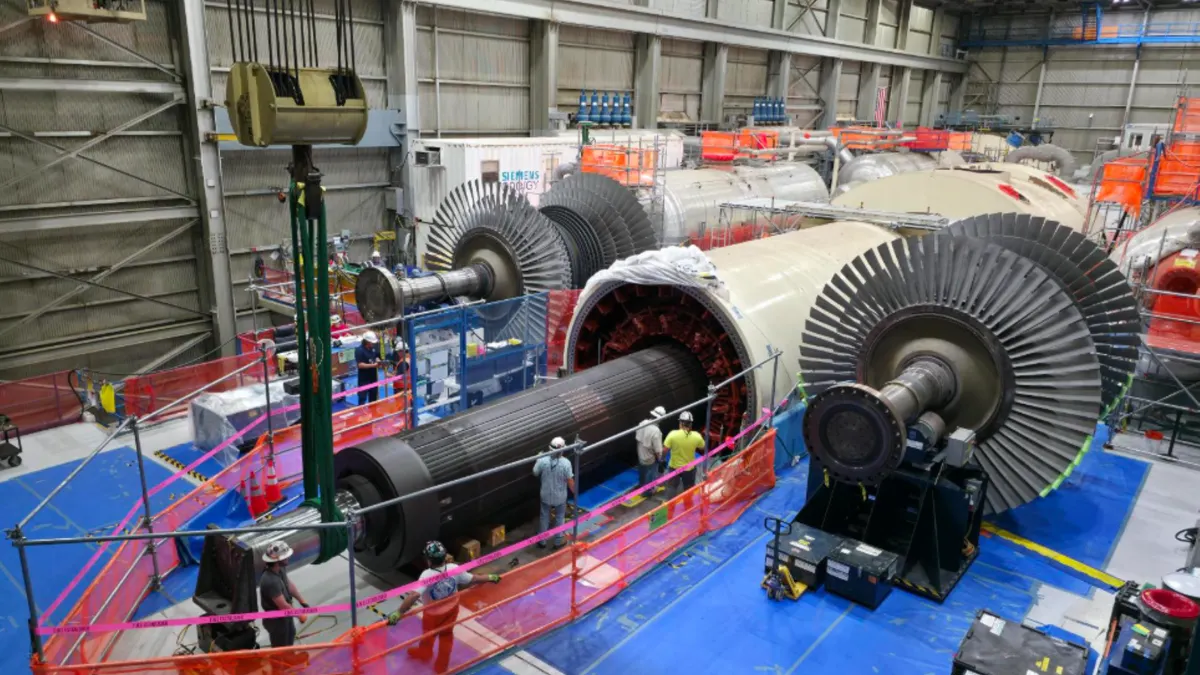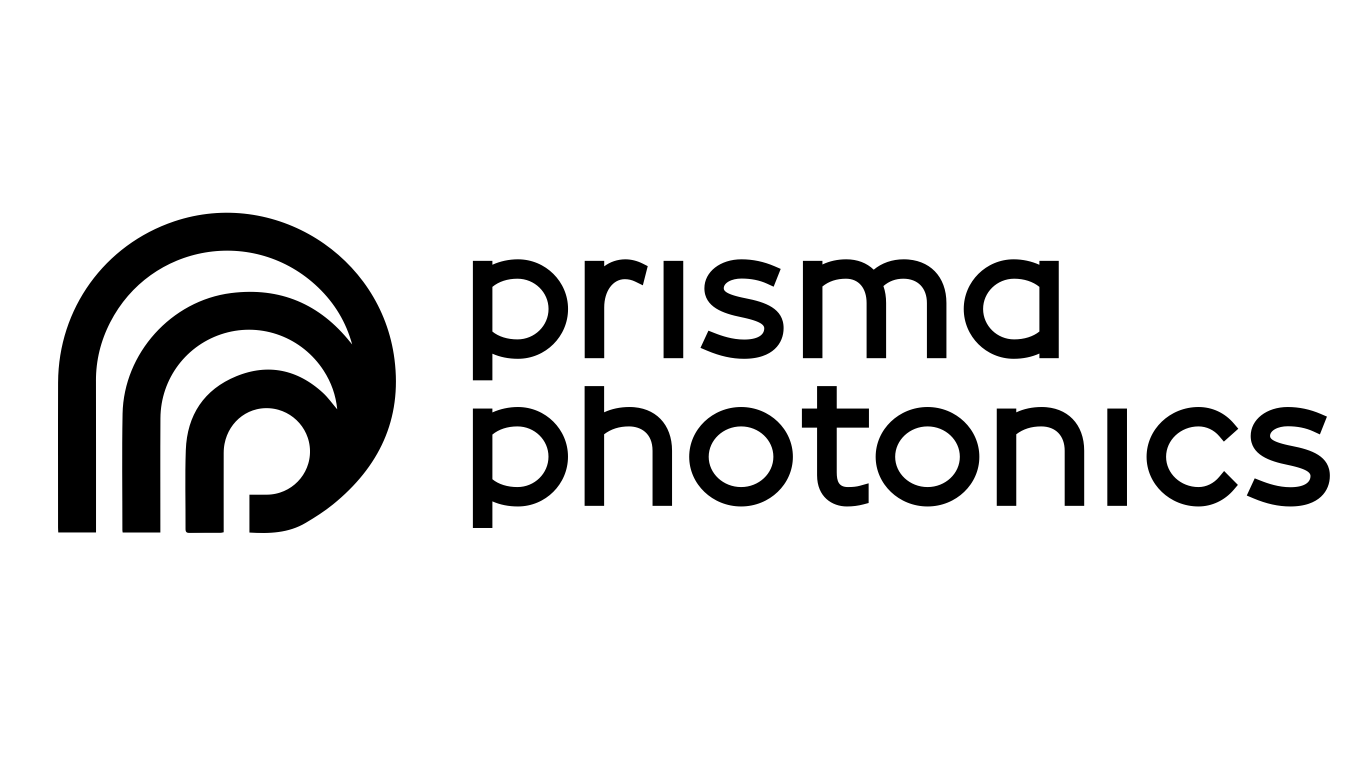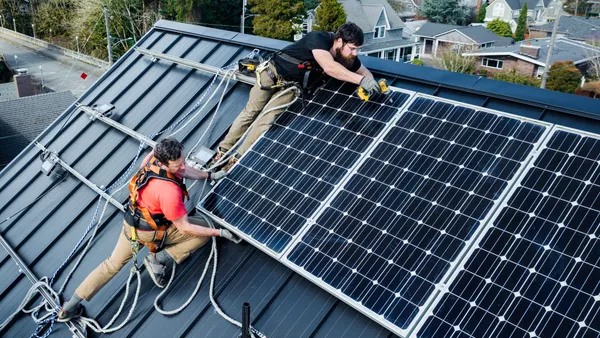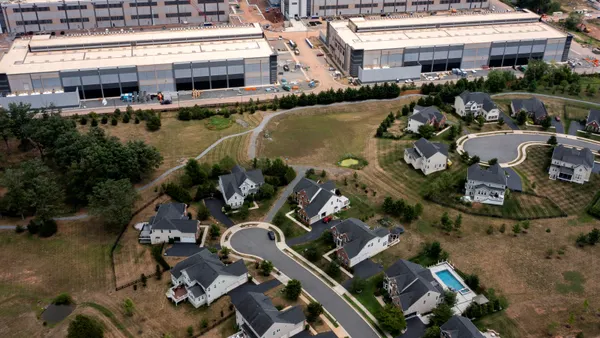Dive Brief:
- The California State Senate on Monday voted 38-0 to pass an electric vehicle (EV) charging infrastructure bill, which would give the California Energy Commission (CEC) authority to issue statewide assessments of infrastructure needs.
- A.B. 2127 seeks to promote better planning for EV infrastructure build-out across all vehicle classes. The bill, introduced by Assemblymember Phil Ting, D, would help meet Democratic Gov. Jerry Brown's goal of 5 million zero-emission vehicles (ZEV) on the road by 2030.
- Ting had also introduced a bill to create a sustained rebate program for EV customers. However, that bill, A.B. 1184, was significantly amended last Wednesday and re-purposed to carry an autonomous vehicles riding tax in San Francisco.
Dive Insight:
California's legislative session ends on Friday and clean energy advocates have a long wishlist of bills that are still pending in Senate and Assembly.
Advanced Energy Economy, a cleantech trade group, lauded Ting and A.B. 2127 while also pushing other initiatives like a 100% clean energy target and expanded customer choice.
A.B. 2127 "will result in more efficient use of public dollars and smarter implementation of the state's ongoing ZEV efforts," Amisha Rai, senior director for California policy for AEE, said in a statement.
Ensuring organized development of charging infrastructure will help expand EVs as potential customers wait for more indicators about charging station access.
Even in urban areas like San Diego, charging stations need a higher proliferation if they're going to meet Brown's ambitious goals of sustaining millions of EVs, the San Diego Union-Tribune reported. Adding 5 million ZEVs could add up to 1 GW of power demand to California's grid, according to a CEC report.
Concerted state efforts to shift to electric vehicles carry even more weight as the Trump administration has moved to revoke the waiver allowing California to set its own vehicle emissions standard. California and the dozen states that follow its regulations have vowed to fight the decision, and this month the state released a plan that would require California automobiles to satisfy its more ambitious fuel efficiency standards if the federal government weakens its own rules.




